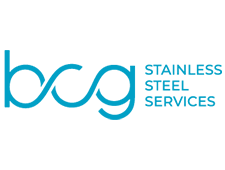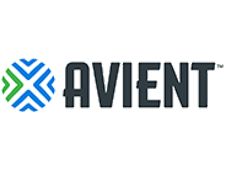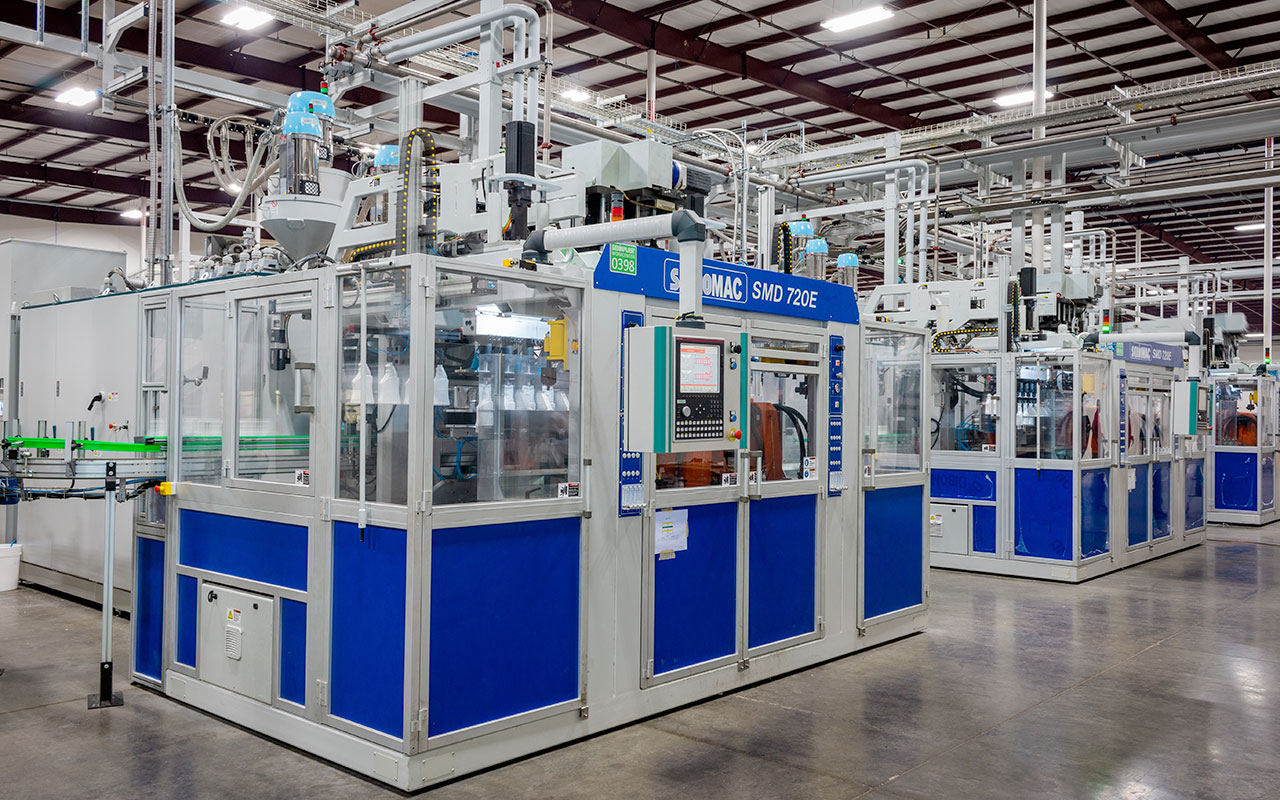SERIOPLAST SA
Efficiency Tops Agenda for Global Manufacturer in Gauteng
“We are Serioplast, and we produce globally, with the best possible quality and at the lowest possible price. We don’t only make bottles: we also design and engineer our own machines and our own moulds; we operate as contract manufacturer, and we recycle post-consumer plastic in order to bring it back in the production loop. In all we do our industrial processes and organization are flexible, scalable, and easily replicable.” In South Africa, the company is a strategic partner for some of the biggest manufacturers on the continent and Director Kelvin Mills is excited about the position of the regional division as his team strives for excellence in production across all areas.
Approaching the end of its first decade in South Africa, expert manufacturing business Serioplast is perfectly positioned for growth alongside its key customers. A global leading maker of plastic products for the FMCG industry, Serioplast is headquartered in Italy with 34 plants in 16 countries, and more than 2050 employees. First opening on the continent in 2011 with a plant in Tunisia, Serioplast hit sub-Saharan Africa in 2014 when it realised the need to be closer to its key client, Unilever. Tasked with establishing a modern, efficient, and productive plant was industry veteran Kelvin Mills. His career had spanned engineering and production in metal and plastics, and he had worked across operations, sales, and management for big name brands. He was at a conference in Germany in 2012 when the senior leadership team from Serioplast approached him.
AHEAD OF EXPECTATION
“I already knew they were setting up in SA – it was the worst kept secret – and we began talking,” he smiles.
“I became MD of Serioplast SA, and we set up the plant in a greenfield operation. Initially, we were supposed to be onsite at Unilever, but they advised that in time, they would probably require the space for further expansions. We found a site next door and within a year we had built the factory and installed the machines. We created an aggressive plan, and everyone said it could not be achieved.”
The company did not just achieve its vision, it got up and running before the deadline, and had bottles moving into Unilever before the deadline.
“We installed a new machine every two weeks until we had 15 machines, and in the first year we supplied 140 million bottles,” Mills emphasises.
In South Africa, Unilever manufactures a large range of FMCGs. Serioplast products globally, hold cleaning materials, personal care products, food and drink, and host of other goods. The company operates to ISO quality standards and supports some of the world’s best recognised brands.
Procter & Gamble is also a key client of Serioplast in South Africa and the conglomerate’s range of household products is well-suited to the output from the plant in Boksburg.
“We supply rigid packaging to Unilever and Procter & Gamble. We are hoping to get some more customers online asap and we are busy validating bottles for them currently,” says Mills, adding that growth with new customers is not the main aim for the business.
“We don’t go out looking for business,” he states. “We don’t have sales reps locally. We do have key account managers in Italy that take care of our key customers, but we do not actively go and search for new clients. Our footprint of machinery is high-volume, and we produce a huge amount of bottles each year. We would need major companies to come on board as clients, and we would then also need to be able to continue satisfying our major clients, so we don’t hunt for new business.”
Instead, growth comes through efficiency. After initial establishment of the plant in 2013/2014 Mills and colleagues were tasked with commissioning new technology for producing closures for one of the major home care products that Unilever produces. Previously, closures were shipped to South Africa to make up the final product. It was inefficient and costly. Localising production would provide competitive advantage, Localizing remains one of Unilever’s drivers.
“Until last year, we only did bottles but we installed the injection moulding machinery to add closures to our portfolio. We now produce around 230 million units out of the SA plant annually,” he highlights.
PROBLEM SOLVERS
It is not an easy job to guide a successful, large-scale manufacturing operation in a slow economy that is dragged by loadshedding. Contributing 12% of GDP and 42% of formal employment in the country in 2019, manufacturing is a critical sector. But in 1975, manufacturing was responsible for 25% of GDP, and the current power crisis is putting many businesses, and jobs, at risk of adding to the decline. For Serioplast, it’s about continuing to hit KPIs and understanding why they’re in place. The local challenges are yet to cause major disruption.
“We are always under the crunch. There is always a target for cost saving or reducing weight or introducing recycled material – we are always working on something that will result in improvement,” says Mills.
“We have been fortunate in that we have not been that impacted too badly by loadshedding, and we feel lucky to be in the industry space in the east of Johannesburg which has avoided major commotion.”
To ensure the company is prepared for the future, a rooftop solar PV installation is being discussed, and a back-up generating solution is being planned. Solar would not provide enough energy for the entire operation to go off the grid, but it would be a strong sign of commitment to the group’s larger sustainability pledges. “It is one step closer to being self-sustainable,” smiles Mills.
Demonstrating true resilience, even through one of the most challenging times in living memory for businesses – when many SA manufacturers were lost – Serioplast stepped up to achieve strong results. None of the 138 employees were lost, and the company provided a much-needed service in route to market for its client’s products.
“When Covid hit, our volumes actually increased because of a lot of the bottles we make are for disinfectant and antiseptic detergent products – everybody was disinfecting everything,” Mills remembers. “After Covid, we settled back to where we were before, and we are thankful that it hasn’t hit us in a big way. Currently there is a big price war and there are new players in South Africa who are aggressive in the market. That pressure transfers to us. Even when the volumes are there, the bottom line might not be what it used to be,” he says reiterating the need for efficiency.
Ensuring the entire team understands this need for efficiency, and guaranteeing they are able to achieve is something Mills is passionate about.
“We can still further improve, and we want to grow the team and set everybody up for success,” he says. “Often businesses are quick to blame but they haven’t set individuals up for success. I want to give people a global vision and a global understanding of how the business operates. I want to join to the dots between the various departments so that people can take ownership. The more they know, the more they understand, the more they can take ownership – and that drives motivation. That is the next phase in improving this business.”
He explains that by regularly developing fresh KPIs, and equipping employees to meet and exceed those targets, the company is proving its importance within the group.
“Educating people around these KPIs and the reason they are important will allow for more of an understanding on growth and where we need to focus our attention. We have a dashboard that displays where the South African business is and how it fits into the global operation and currently it looks really good. If we achieve all KPIs, we are running a very good business – we don’t guess, everything is meticulously calculated.”
Togetherness in the workforce – striving for achievement of vital targets – is one of the attributes that has allowed Serioplast to thrive in South Africa. Mills describes the team as a ‘happy family’ that understands why they do what they do and works within clear boundaries that allow for strong focus.
“People are the main challenge in any business,” he adds. “It’s always about getting the right team. The saying about ‘you’re only as good as your team’ is absolutely 100% true.”
Going forward, streamlining inputs and embracing new normals across customer and supply chain will keep the team busy. With so many different grades of raw material, a constant focus on sustainability, and a need from clients for flexibility, Serioplast must remain agile.
“Years back, a customer would ask for a bottle and say it must be HPDE. We could then decide on the grade and give the best product. Now, our customers are dictating the grades they want, and trials, tests, and approvals are essential – it’s much more complicated.
“Supply of that approved raw material could be more complicated, especially during Covid. Supply chain sometimes stressed meaning we at times have to scramble,” says Mills.
Our main customers are growing consistently, and always innovating with new ideas. With this as a base, Serioplast remains buoyant.
“We produce globally, with the best possible quality and at the lowest possible price,” the company says of its commitment to clients.
In an ever-changing industry, economy, and environment, it pays to partner with the best, and Serioplast is an example to follow in South Africa. Mills is confident about the way forward: “It has been nearly 10 years, and we have already done so much more than people ever thought possible. I would certainly say we are bullish,” he concludes.
OPTIMISE & IMPROVE
In his second stint with the company, Mills left to help establish local production of the globally popular Bio-Oil brand from Union Swiss. He was approached by the leadership team at the helm of that business expansion because of his technical knowledge and understanding of the South African landscape.
During this time, progress at Serioplast stalled and the plant’s stellar performance had dipped. A struggling local economy and various other macros issues compounded the situation and Serioplast went against strict internal policy to get Mills back before tasking him with reintroducing global best practice to the Gauteng site.
“Our main focus is to optimise current installations,” he explains. “We have gone through an aggressive turnaround, and we are consolidating…… The next step will be to look at additional finer improvement projects, which the team embrace and execute with passion. The improvements that we see definitely gives the team a great sense of accomplishment
For this efficiency drive, Serioplast SA calls on its group (SGS) for input. Serioplast Global Services in Italy helps to drive positivity and influence the internal construction of its own machinery. By understanding the needs of the client in a deep and meaningful way, Serioplast is able to create equipment that keeps output high and costs down.
“The level of output of finished goods is substantial – the Seriomac machines we use are top of the range,” says Mills.
“Machinery is a big part of it,” he adds. Besides our own Seriomac Blow-moulding machines, we also have injection moulding machines, injection stretch moulding, auxiliary equipment, compressors, chillers, material feeding systems etc. and they all have to be accurate and top of the range. it’s all about achieving our KPIs. If equipment is not calibrated properly, it will put us out and that is not acceptable.”
Thankfully, Mills is a seasoned leader and stives to meet KPIs. Data is king and is used to drive improvements in the required areas. Mills is also responsible for the plant in Egypt which has recently achieved 220 million pcs output per year, growing from just 23 million bottles in 2020. In the future, he will likely become responsible for Tunisia and Australia as a result of the triumph in South Africa.



